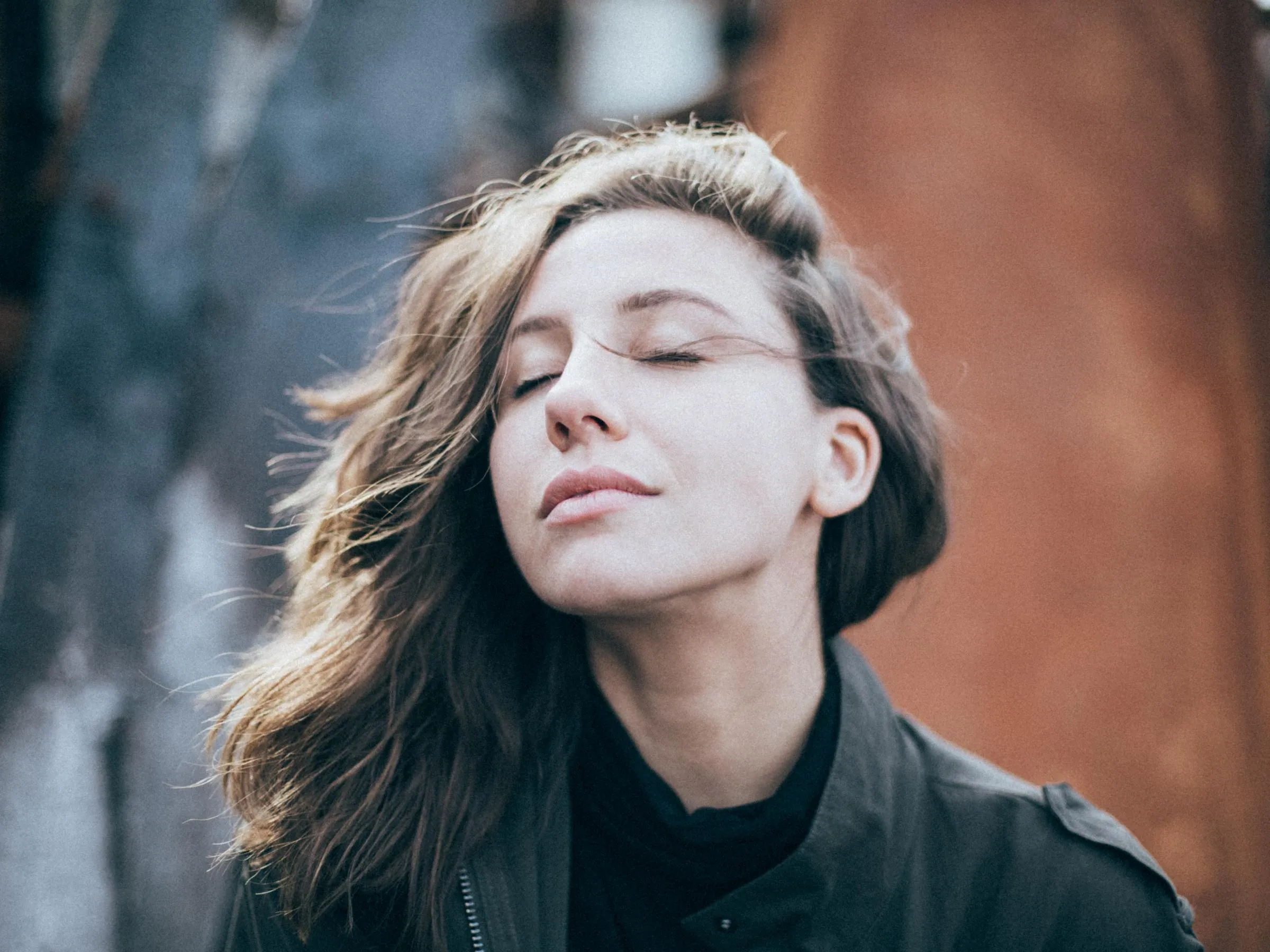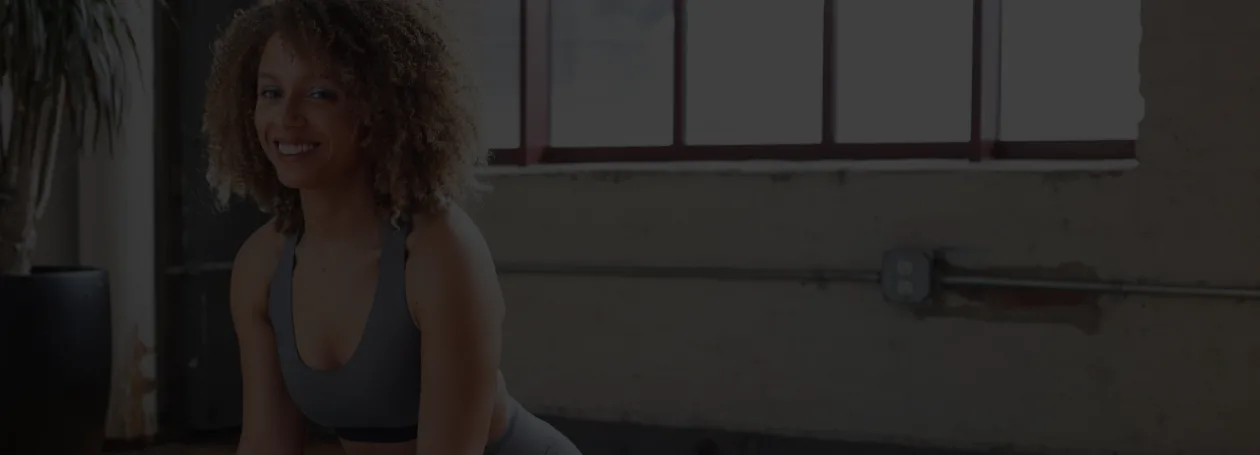

How many scientific studies have backed up how relaxation can improve your health? More than we can count.
"The time to relax is when you don't have time for it."Sidney J. Harris
But what is relaxation? What is stress? When scientists talk about these terms they don't mean face masks and massages. They talk about the relaxation and stress response of the body.
Physical responses in our body create feelings of stress and relaxation.
Stress is your body’s response to what it perceives to be danger. Here’s an interesting example from Stanford Professor Richard Sapolsky.
You are on the safari. Out of the corner of your eye, you see a tiger licking his chops. At that moment, what do you need? You need to be RUNNING.
Your body hears the call. It sends extra energy into your legs. Your heart pumps faster. Your brain releases a huge wave of hormones, including adrenaline.
Luckily, you make it to safety.
Ok, imagine that you are a zebra. The same thing happens, and you make it to safety. What happens then? You shake it off and then go about your day.
Sigh.
Humans are different. If this happened to you, you would retell the story over and over. You'd think about it the rest of the day. It might keep you up at night.
Humans have trouble shaking things off.
In science terms, this is the anticipatory response. You are no longer in danger, but you still think you are.
We experience psychological stress.
For example, you are in traffic and will be late to work. Are you in danger? No. Does your body still elevate your heart rate and release stress hormones? Yes.
This stress response is less strong than if it was a tiger. But, the stress response uses resources. It is expensive for the body to keep up.
Your body needs the opposite of the stress response to replace those resources.
You need the relaxation response.
When in the relaxation response, your heart rate slows, your energy goes towards digestion and repair. Your brain releases hormones that relax your blood vessels. Your muscles let go of tension.
Take 10 seconds to scan your body. How do you feel right now?
In this fast-paced world, many of us live in a low-level of the stress response all the time. We may forget what relaxation feels like.
This is where Yoga comes in.
The practice of yoga teaches relaxation techniques. Yoga reduces muscle tension, slows your breathing and lowers your heart rate. This creates a gentle and calm feeling in the body and mind.
Your health improves the more time you spend in the relaxation response. Studies have shown improved immune response, reduced blood pressure, better sleep and more.
You will experience the feeling of peace and calm both on and off your mat. That traffic jam will feel less stressful. You'll sleep better.
You might be thinking "But, I am only starting. These benefits will take too much time." We have good news.
The benefits of yoga are available to beginners and advanced yogis.
A study showed that only 10 sessions of yoga created significant improvements. Only 4 weeks of yoga improved heart and lung performance in another study.
To truly fight back against the stress response, you have to know its opposite. You can learn how to create the relaxation response by using the centering, grounding and breathing techniques taight in yoga. These are often techniques that youcan use anywhere (includng that traffic jam!)
"The only joy in the world is to begin"Cesare Pavese

Receive personalized guidance tailored to your unique fitness goals, live with a dedicated coach—no credit card required.